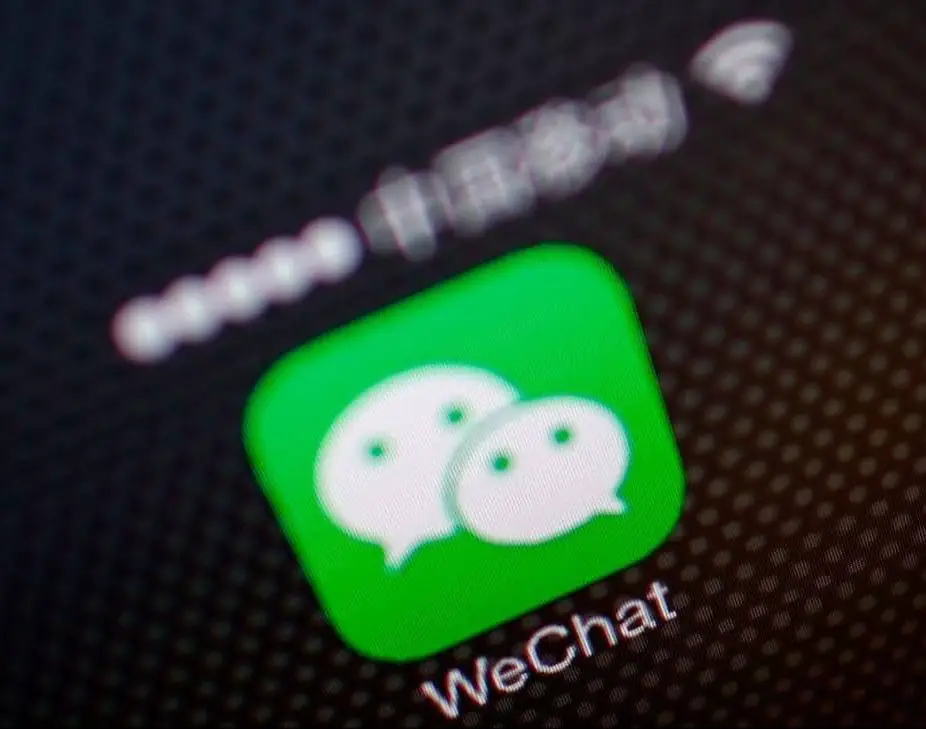As the internet has become more powerful over the years, discussions over whether governments should regulate, censor or even ban certain parts of the web have only become more heated. Now, the Trump administration has unveiled the Clean Network program, which intends to protect data privacy and sensitive information from China. Although national security is a concern, the measures that the Trump administration is choosing to take will Balkanize the internet and also initiate an unprecedented case of censorship within the United States.
The Clean Network program involves five key ideas: clean carrier, clean store, clean apps, clean cloud and clean cable. In general, the program plans to remove apps owned by Chinese companies. It will stop Chinese telecommunications carriers from providing international service to and from the United States. It will also end access to Chinese-backed cloud-based systems, such as Alibaba, Baidu and Tencent.
The Clean Network program primarily stemmed from security concerns about Chinese apps, particularly TikTok. The app has been collecting an abnormal amount of data and sending it to servers, including phone hardware specifications, other apps that are installed on the device, network information and GPS pinging through location-tagged posts. TikTok also tracks the websites that you browse, keystroke patterns and it has full access to the device’s address book. The information that TikTok collects is heavily encrypted, making it difficult to disable data collection features without damaging app functionality. The full details on the data collected and the purpose for data collection are also unclear in their privacy policy.
Global backlash against TikTok began on June 29 with India outright banning it and five other Chinese mobile apps. India said that the Chinese apps posed a threat to its national security. A month later, India banned another 47 apps, and the government is currently reviewing hundreds of others that are linked to Chinese companies.
The United States isn’t the only country to begin following in India’s footsteps. The Australian government has conducted investigations into TikTok to decide if it posed a security threat. It recently decided to not ban TikTok, but Prime Minister Scott Morrison has warned Australians “to be very aware” that personal data being sent to the Chinese government is still a risk. For now, the Australian government will continue to keep an eye on TikTok and other social media apps.
Despite national security fears, there is currently no evidence that TikTok is selling personal data to China. In fact, although TikTok belongs to a Chinese company, it’s been doing its best to distance itself from China. When Beijing imposed a new national security law in Hong Kong, parent companies of Facebook, Instagram, WhatsApp, YouTube and LinkedIn agreed to stop processing requests for user data from Hong Kong law-enforcement agencies. In contrast, TikTok pulled out of the city altogether. To separate itself from its Chinese origins, TikTok put an American face on the company by installing Kevin Mayer, previously a Walt Disney Co. executive, as chief executive officer.
For all the data protection that the Clean Network program is supposed to do, it will only sever connections between people and make global relations and collaboration that much more difficult. Visitors from China will have to switch to an American telecommunications carrier instead of simply using international service from their Chinese carrier. Sharing information on the cloud between the two countries will be next to impossible. The Chinese cloud-based systems will be prohibited in the United States while most of the American cloud-based systems, like Google, are unavailable in China.
It also has the potential to break apart the connections between families. In addition to TikTok, the Clean Network program intends to ban WeChat, a messaging and social media app that connects people in the United States who have relatives and friends in China. WeChat has messaging, calling and video-chatting functionalities that allow family and friends to keep in touch. Other social media apps aren’t as comprehensive or as powerful, and if they are, they’re not available in China.
Personally, my entire family uses WeChat extensively to keep in touch with relatives in China. When we visit China, I use WeChat to keep in touch with friends in the United States because international messaging is expensive. Plus, other messaging apps like Facebook Messenger, WhatsApp and Snapchat don’t work. If the U.S. bans WeChat, it will be difficult to find an alternative.
Choosing to outright ban apps also goes against the American ideal of free speech. The Chinese government frequently censors and bans information to the chagrin of the global community. For the United States to do the same is to interfere with the free internet. The Clean Network program will only accelerate the “global momentum toward a ‘Splinternet,’” and politicize an area that is meant to be neutral.
But this is bigger than just TikTok and banning apps for the sake of national security. The overriding problem with the Clean Network program is that it’s a blanket ban on all Chinese technology. It adds fuel to the worsening relations with China and severs an internet that is free and open to all. It also sets a precedent of trying to control the internet through censoring and banning, which is incompatible with the very spirit of the internet, which is a “global network of networks” with no central authority.
To implement the Clean Network program would be to take another step back from globalization, diplomacy and collaboration. After withdrawing from the Paris Climate Agreement, the United Nations Human Rights Council and the World Health Organization, implementing the Clean Network program will only be another nail in the coffin of American isolationism.
















